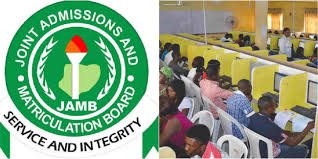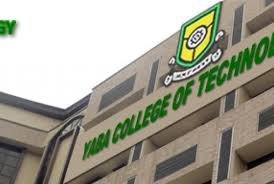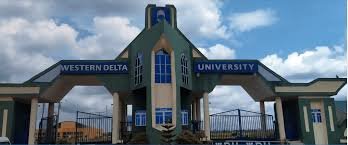In the early hours of September 11, 2023, the FCT wing of the Nigerian Union of Teachers (NUT) issued a directive for its members across the six area councils to commence an indefinite strike.
This action stems from several long-standing issues, including the non-payment of N14.3 billion arrears spanning over 25 months, failure to upgrade the salary scale for teachers in the FCT, Stagnancy in the promotion for teachers who are due for promotion, and the absence of a 40% peculiar allowance provided by the council chairmen, among other concerns. Regrettably, these demands have remained unmet for the past two years.
Over the past two years, public schools in the FCT have experienced three strikes. The first occurred in December 2021, followed by another in January 2022, and the most recent one on September 11, 2023, which is coming as a warning strike to the government. The teachers’ message is clear: their strike will persist unless their demands are addressed.
READ ALSO: Subsidy : NLC Ends Warning Strike, Says Significant
However, HipCity Innovation Centre, a research, advocacy, and development organization, has raised concerns about the ripple effects of this strike on the students of public primary schools in the FCT. The disruptions caused by the COVID-19 outbreak and previous strikes have created a backlog in school activities. Students in government schools are still working to catch up. The strike threatens to disrupt the academic year, as students were set to begin new classes today.
Often, students are burdened with excessive schoolwork in an attempt to expedite the curriculum to match that of private schools, compensating for the delays caused by strike actions. Such situations can negatively impact a child’s overall academic performance, producing graduates ill-prepared to meet the educational standards of society.
Many schools on the outskirts of the FCT lack proper facilities, hindering the learning experience. Students attend these schools not because of their quality but because it is mandatory. Prolonged strikes may lead parents and children to seek alternatives, such as farming or early marriages. This would increase the number of out-of-school children in Nigeria and reverse progress in improving school enrollment.
While acknowledging the justifiability of the FCT wing of the Nigerian Teachers Association’s demands, HipCity hopes for a swift resolution. It is vital for both parties to remember that as Nigeria’s administrative capital, the FCT should set an example for other states. Regrettably, the state of primary education in Abuja is dismal.
Read Also: HipCity Innovation Centre Urges Quality Basic Education For FCT Original Inhabitants
The FCT government, along with the respective Area Councils, cannot remain indifferent to the plight of teachers and students. Many government officials and politicians send their own children to private schools, often outside of Nigeria. The government must demonstrate its commitment to the welfare of the NUT by addressing their demands and fulfilling their entitlements.
HipCity calls upon Hon. Danladi Chiya, the FCT ALGON chairman, as well as the chairmen of all area councils and other relevant stakeholders, to respond promptly to the NUT FCT Wing’s plea and swiftly address their grievances. A timely and peaceful resolution is needed to ensure that school pupils across the six area councils of the FCT can resume their studies for the new academic session.
HipCity Innovation Centre said in the release that they remain committed to advocating for a Federal Capital Territory where education is a top priority, where no child is left behind, where there is a successful and forward-thinking educational system, and where the learning experiences of native residents are significantly improved.


























